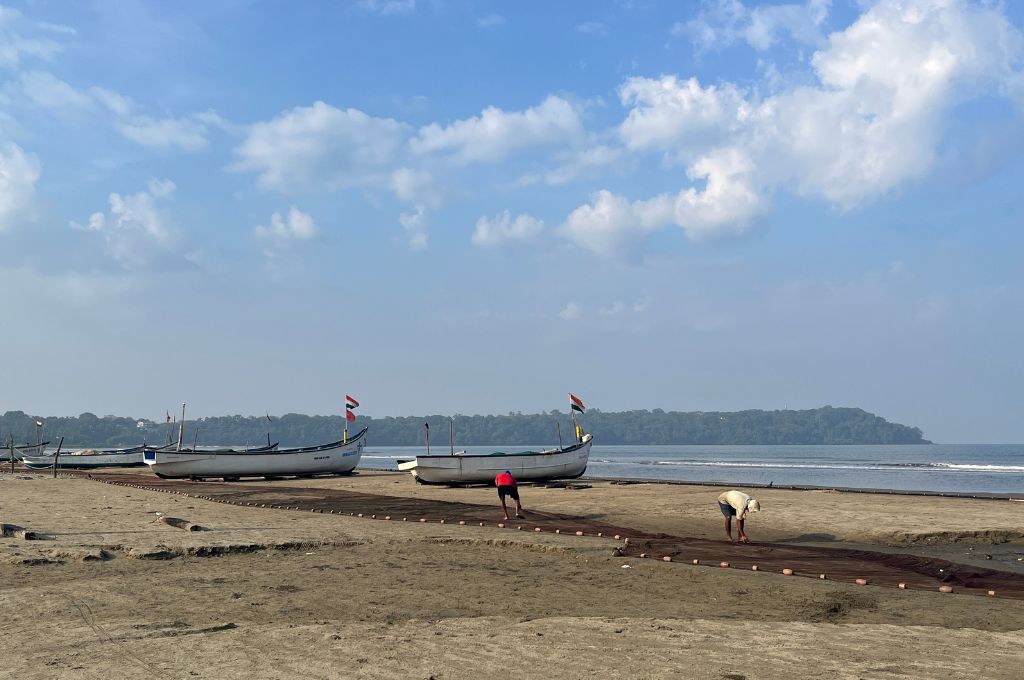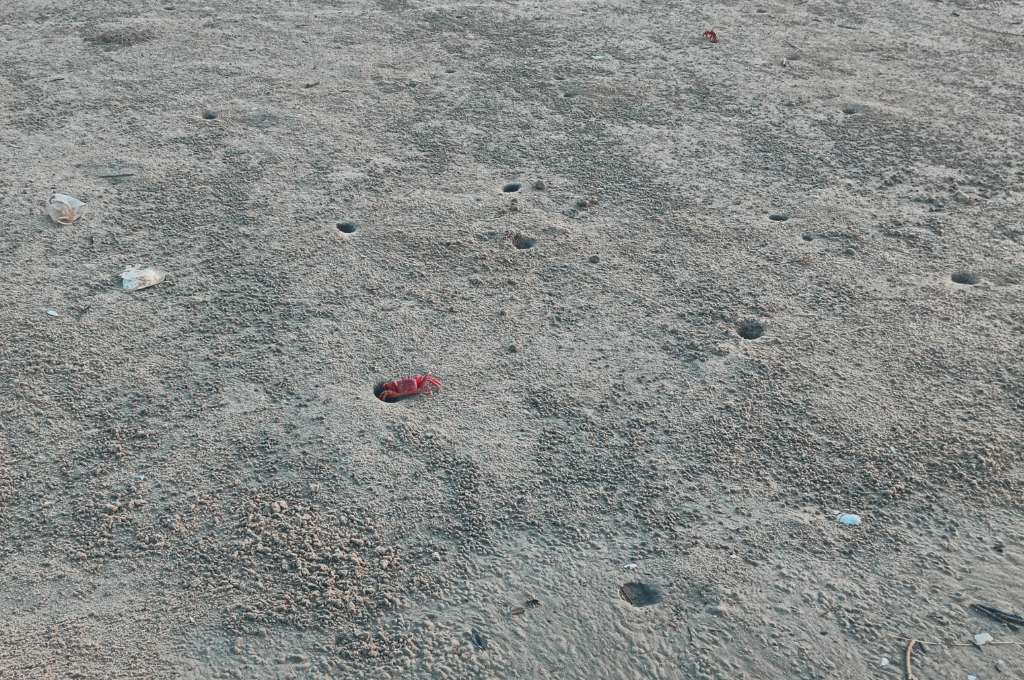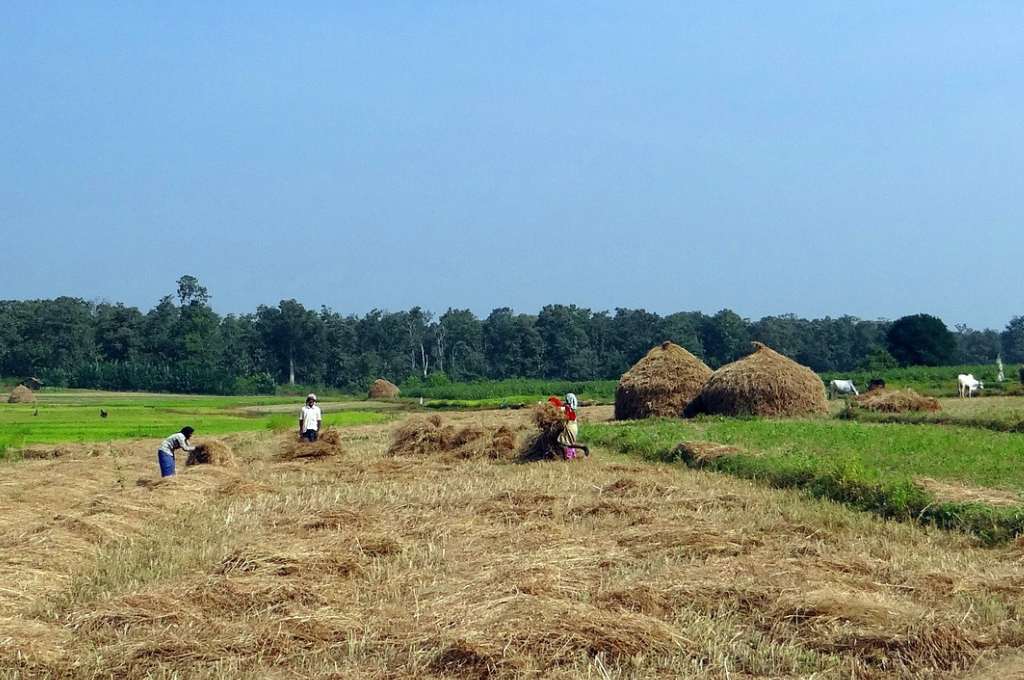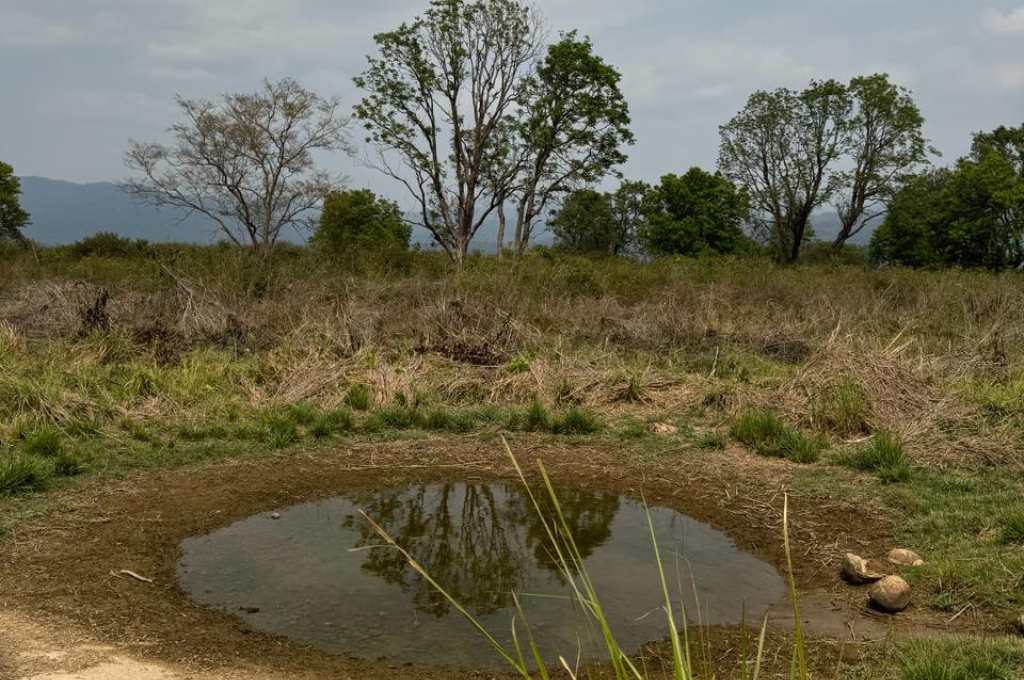READ THIS ARTICLE IN
“People have lost their faith in us”: ASHA workers fight COVID-19 and more
“Since 2005, I have been working as an ASHA [Accredited Social Health Activist] worker. Whenever there was an illness in the village, people would contact me. But after COVID-19, people have lost their faith in us,” shares Seeta*, an ASHA from Gogunda block in Udaipur district, Rajasthan.
During the second wave of the pandemic, this region of southern Rajasthan saw a lot of cases (though not reported officially, since many people did not get tested). Even the most remote villages had two or three sick people in every household. However, when ASHAs reached out to them with medical kits, people would refuse. Seeta says that everywhere she went, the initial responses of the villagers would be “Koi bimari nahi hai” (There is no disease) or “Yahan abhi sab theek hai” (Everything is fine here) even when people looked visibly unwell. “Once, I was threatened by a man holding a stick to leave the village immediately,” adds Romi*, another ASHA worker.
In contrast, when volunteers from local nonprofits reached out to the communities, they were able to identify sick patients, counsel them on home care, and provide medicines. In some places, people openly shared with the volunteers that they would not accept “sarkar wali dawai” (medicines distributed by the government) but “sanstha wali dawai” (medicines distributed by nonprofits) brought them relief.
Over the years, ASHAs have played an important role in community healthcare, acting as a link between the public health system and people. Then how did it come to a situation where they are chased away from villages with sticks, and visibly sick community members refuse their help?
During the first wave of the pandemic, ASHAs were part of the ‘Corona surveillance teams’ that ensured migrant workers quarantined when they moved back to their villages. In cases where people could not home quarantine, they were moved to quarantine centres that lacked basic facilities such as clean drinking water and toilets. Seen as facilitators of the government’s agenda, communities have started viewing ASHAs with increasing suspicion. This was compounded by the second wave, when misconceptions and misinformation around COVID-19 and vaccines led to huge mistrust and fear towards ASHAs.
*Names changed to maintain confidentiality.
Priyanshu Krishnamoorthi is currently an India Fellow at Basic Healthcare Services.
—
Know more: Read more about what primary health workers need and how they can be better supported to respond to the pandemic.
Do more: Connect with the author at [email protected] to learn more about and support her work.



